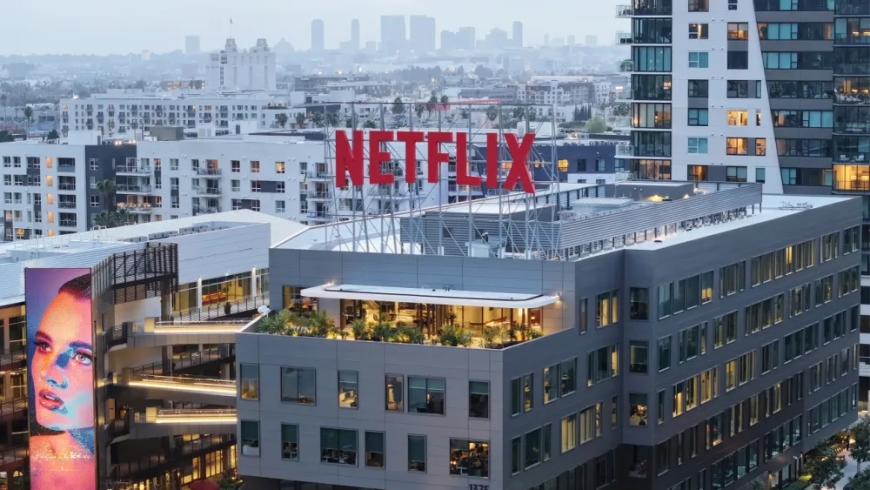Netflix Responds to Activists Criticizing Palestinian Films Removal: “Those Licenses Have Now Expired”

In response to mounting criticism over its decision to remove 19 films by or about Palestinians from its platform, Netflix recently clarified the reason behind the move. The streaming giant noted that the removal was due to the expiration of a three-year licensing agreement established in October 2021 for the Palestinian Stories collection, which initially featured 32 films.
“Those licenses have now expired,” Netflix stated on Friday, emphasizing that its investment in diverse, international voices continues despite the expiration of specific collections. “As always, we continue to invest in a wide variety of quality films and TV shows to meet our members’ needs, and celebrate voices from around the world.”
Despite Netflix’s clarification, the decision not to renew the Palestinian Stories collection prompted immediate backlash from advocates for Palestinian representation. A coalition of human rights groups, led by Freedom Forward, released an open letter addressing Netflix’s executive team and questioning the move. The coalition urged the streaming platform to reconsider, arguing that removing the films affects the visibility of Palestinian stories and voices on a global stage, especially amid ongoing tensions in the region.
For many supporters of the collection, Palestinian Stories represented an important avenue for cultural expression, showcasing the experiences and histories of Palestinians through various cinematic lenses. The collection included works by acclaimed Palestinian filmmakers, highlighting stories of resilience, identity, and daily life under occupation, which often struggle to gain international visibility. These films resonated with audiences around the world, providing rare insights into Palestinian perspectives often marginalized in mainstream media.
The decision to discontinue this collection comes amid a period of heightened focus on Palestinian issues globally. Activists argue that the removal could signal an unwillingness to continue amplifying Palestinian voices in the same capacity, potentially limiting audiences’ access to this body of work.
While Netflix has yet to indicate any plans to reinstate the collection, the streaming service has maintained that its commitment to showcasing global perspectives remains intact. The company has also faced similar licensing expirations in the past with other international collections, and it frequently renews and expands its catalog based on viewer interest and licensing opportunities. Whether this collection or new Palestinian-focused content will return remains an open question.
For now, the decision has sparked a broader conversation on the role of major streaming platforms in promoting diverse voices, especially those from marginalized communities. As the digital landscape shapes global narratives, Netflix’s decision underscores the complexities of content licensing and the impact it can have on cultural representation.













































